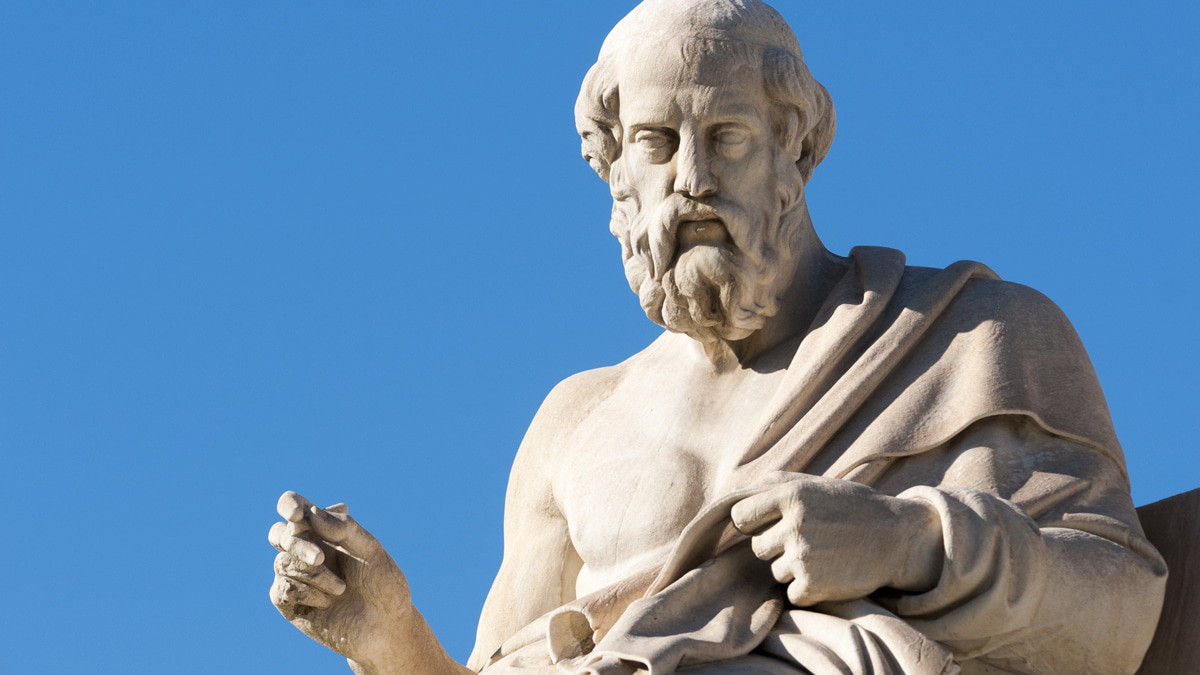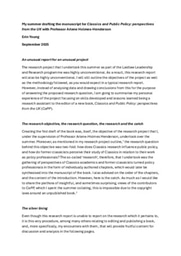Research project outline: Investigating the relationship between Classics and public policy

Investigating the relationship between Classics and public policy
Supervisor: Professor Arlene Holmes-Henderson, Professor of Classics Education and Public Policy, Durham University
Background
Last year, in 2024, Professor Holmes-Henderson and Laidlaw scholar Luke Sewell undertook a research project exploring how arts and humanities research influences public policymaking. The paper, now published on UPEN, received a great deal of attention and acted as an impetus for this project.
Research question
The research question for this project is twofold: how does Classics research influence public policy, and how do former classicists perceive their study of Classics in relation to their work as policy professionals?
Objective
The primary objective of this project is to produce the first draft of the first book to examine the relationship between the Classics and public policy.
Methodology
In accordance with the research question, the book will comprise two distinct sections. The first section will contain accounts from Classics academics whose research has informed or influenced public policy. These contributions, provided by those who have been successful in connecting these two fields, will constitute an impressive showcase of what has so far been achieved. The second section of the book will be a range of perspectives from former classicists, who now work for government or parliament, on what impact their study of Classics has had on their current profession.
Impact
It is the hope of Prof. Arlene and I that the contributions of the academics, in the first section of the book, will highlight the importance of the relationship between Classics and public policy in case-specific circumstances and perhaps act as an impetus for other Classics, Ancient History and Archaeology academics to engage in this sort of activity. Moreover, we hope that the contributions of policy professionals, in the second section of the book, will offer a novel insight into the relationship between Classics and public policy, highlighting transferable skills and methodological approaches to problems in the workplace, showcasing the ways in which Classics has relevance in the 21st century.


Please sign in
If you are a registered user on Laidlaw Scholars Network, please sign in